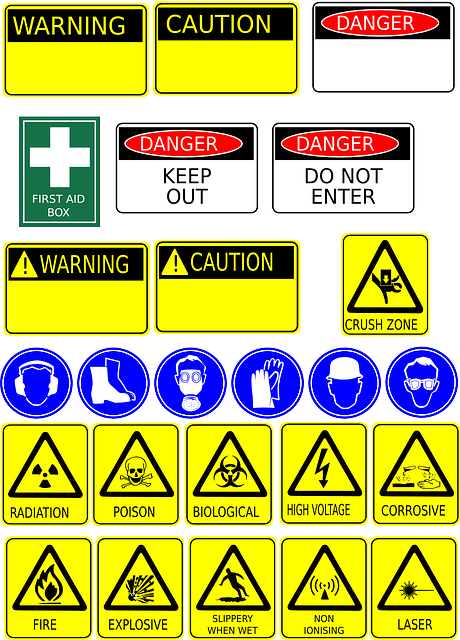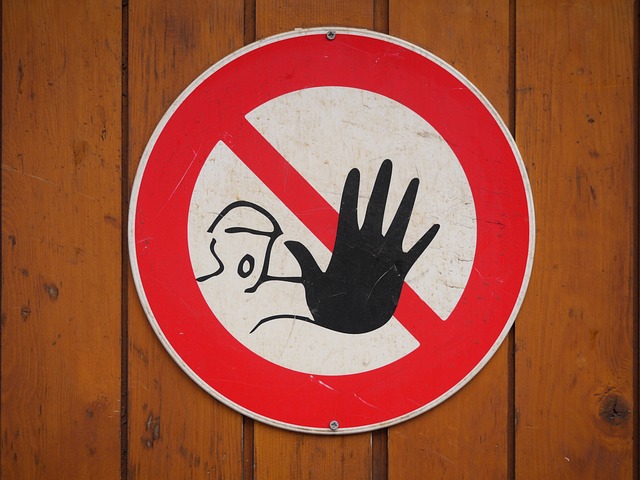Retail theft prevention relies on staff training, security tech, and educational qualifications verification. Educated professionals better identify and prevent theft, deter criminal behavior, and enhance customer security experiences. Specialized courses and certifications indicate expertise in loss prevention strategies specific to retail sectors, crucial for adhering to industry standards. Advanced digital platforms and AI screening services verify employee credentials, minimizing internal theft risks. Continuous improvement through regular training fosters a culture of vigilance, enhancing overall retail security.
In the dynamic landscape of retail, minimizing loss from retail theft is a constant challenge. This article explores the pivotal role education plays in combating this issue through targeted prevention strategies. We delve into assessing relevant courses and certifications, understanding industry standards for training programs, and implementing effective methods to verify retail professionals’ qualifications. By staying updated with best practices, retailers can foster a culture of integrity and significantly reduce theft, enhancing overall operational efficiency.
- Understanding the Impact of Retail Theft
- The Role of Education in Prevention Strategies
- Assessing Relevant Courses and Certifications
- Industry Standards for Training Programs
- Effective Verification Methods for Qualifications
- Continuous Improvement: Staying Updated with Best Practices
Understanding the Impact of Retail Theft

Retail theft, often referred to as shoplifting, is a significant concern for retailers worldwide. It impacts not just the financial bottom line but also affects the overall shopping experience for honest customers. According to industry reports, retail theft costs the U.S. retail industry billions of dollars annually, with losses escalating due to evolving thief techniques and technology.
Preventing retail theft involves a multi-faceted approach that includes training staff to identify suspicious behavior, implementing security measures such as surveillance cameras and RFID tags, and creating an environment that discourages dishonest acts. Verifying the educational qualifications of retail professionals can play a crucial role in this prevention strategy. Educated staff are better equipped to recognize potential theft, understand security protocols, and contribute to a safer shopping environment.
The Role of Education in Prevention Strategies

In the realm of retail theft prevention, education plays a pivotal role in fortifying security measures. By implementing rigorous educational programs for staff, retailers can empower them with the knowledge to identify and mitigate potential theft risks. Trained professionals are better equipped to recognize suspicious behaviors, understand common shoplifting techniques, and proactively respond to high-risk situations. This proactive approach not only deters criminal activities but also fosters a more secure shopping environment for genuine customers.
Moreover, education provides retail professionals with the skills to engage and communicate effectively with shoppers. Well-trained staff can subtly observe customer behavior, offer assistance, and build rapport, potentially reducing the likelihood of theft. Incorporating educational initiatives into loss prevention strategies is, therefore, a strategic move that enhances overall retail security, promotes trust between staff and customers, and contributes to a more successful business model.
Assessing Relevant Courses and Certifications

When assessing the educational qualifications of retail professionals, particularly in areas like retail theft prevention, it’s essential to look beyond general degrees. Specialized courses and certifications demonstrate a deep understanding of loss prevention strategies tailored to retail environments. These can include topics such as asset protection, fraud detection, and risk management.
Relevant certifications from industry-recognized bodies signal to employers that the individual possesses practical knowledge of retail theft prevention techniques, security systems, and legal considerations. This specialized training equips professionals with the skills needed to safeguard merchandise, mitigate losses, and contribute to a secure shopping experience for customers.
Industry Standards for Training Programs

In the dynamic landscape of retail, ensuring the integrity and security of products is paramount. This is where industry standards for training programs come into play, especially in addressing critical aspects like retail theft prevention. These standards are designed to equip retail professionals with comprehensive knowledge and skills to safeguard merchandise while enhancing customer experience.
Effective training should cover various strategies, from loss prevention techniques to understanding consumer behavior. By adhering to these standards, retailers can foster a culture of integrity where employees are empowered to identify and mitigate potential theft risks. This proactive approach not only safeguards the business but also contributes to a secure and enjoyable shopping environment for everyone.
Effective Verification Methods for Qualifications

In the realm of retail, where every transaction is scrutinized and security is paramount, verifying the educational qualifications of professionals becomes a strategic necessity for effective retail theft prevention. Beyond basic ID checks, innovative verification methods are transforming this process. Digital platforms offering secure, centralized databases of accredited educational institutions allow retailers to cross-reference employee claims with authoritative sources. This technology ensures accuracy and minimizes the risk of hiring individuals with fraudulent or unverified credentials, a common vector for internal theft.
Additionally, leveraging advanced background screening services equipped with AI-driven data analysis can uncover hidden patterns or discrepancies in an applicant’s educational history. Such tools sift through vast amounts of data, flagging potential red flags associated with fake diplomas or altered transcripts, thereby strengthening the integrity of the hiring process and fostering a more secure retail environment.
Continuous Improvement: Staying Updated with Best Practices

In today’s dynamic retail landscape, continuous improvement is not just a buzzword—it’s a necessity for success. Retail professionals must stay updated with best practices in various aspects of their work, especially in critical areas such as retail theft prevention. This involves keeping abreast of new technologies, strategies, and industry insights that can enhance security measures. For instance, staying informed about the latest advancements in surveillance systems or data analytics tools empowers retailers to proactively combat theft and ensure a safer shopping environment.
Moreover, continuous learning fosters a culture of vigilance among staff members. By regularly participating in training sessions and workshops focused on retail theft prevention, employees become more attuned to potential red flags and are better equipped to handle suspicious activities. This collective effort not only strengthens the overall security posture but also contributes to a positive customer experience by addressing concerns swiftly and effectively.






